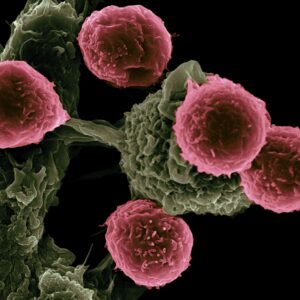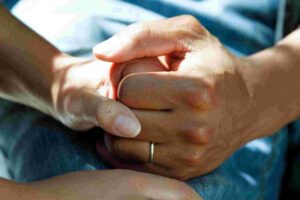A cancer diagnosis is a moment that divides life into two parts: before and after. It halts routines, shifts priorities, and introduces an entirely new vocabulary—of doctors, treatments, side effects, and survival. But beyond the clinical experience lies a deeper journey: one of emotional processing, self-discovery, and empowerment.
In this article, we’ll explore the path many take from the initial shock of diagnosis toward reclaiming control and purpose. Whether you’re a patient, caregiver, or someone supporting a loved one, these reflections offer guidance and strength for the road ahead.

- The Emotional Shock of Diagnosis
Hearing “You have cancer” triggers an intense range of emotions: fear, disbelief, anger, sadness, even numbness. The first instinct might be to freeze or shut down. It’s important to acknowledge these emotions without judgment. They are part of the body’s natural processing of unexpected trauma.
Rather than pushing feelings aside, many find it healing to:
- Talk openly with trusted friends or therapists
- Journal thoughts and fears
- Give themselves permission to cry, question, or even rage
This isn’t weakness—it’s the first step toward reclaiming mental and emotional balance.
- Asking for Help Is a Strength, Not a Weakness
Cancer is not a battle meant to be fought alone. The journey is physically and emotionally draining, and building a strong support system is essential.
This might include:
- Family and friends
- Counselors or therapists
- Support groups (in-person or online)
- Faith leaders or spiritual mentors
- Wellness professionals like nutritionists, yoga instructors, or holistic therapists
Leaning on others doesn’t mean giving up control—it means creating a network that allows you to focus on healing, with strength drawn from shared compassion.

- Becoming an Advocate for Your Own Care
One of the most powerful ways to shift from fear to empowerment is to become an active participant in your care.
This could involve:
- Asking questions during appointments
- Seeking second opinions
- Researching treatment options
- Bringing a loved one to appointments for support
- Expressing concerns about mental health or quality of life
When you take ownership of your journey—rather than letting things simply happen to you—you begin to shift the energy from helplessness to hope.
- Care for the Caregivers
Caregivers often go unrecognized, but their emotional labor is immense. They juggle logistics, provide emotional support, and often suppress their own feelings to appear strong. Yet, caregivers need care too.
Some ways caregivers can support themselves:
- Take regular breaks and allow rest without guilt
- Join caregiver-specific support groups
- Share responsibilities with others
- Acknowledge their own grief or fear and seek counseling if needed
Remember: A strong caregiver is a supported caregiver.
- Emotional Healing Alongside Physical Treatment
While medical treatment targets the body, emotional and spiritual healing can’t be overlooked. Cancer can shake one’s identity, values, and sense of safety. Many find themselves struggling with anxiety, depression, or spiritual questioning.
Engaging in practices such as:
- Meditation or breathwork
- Creative arts (painting, music, writing)
- Nature therapy (walks, gardening)
- Faith rituals or prayer
- Mindfulness and acceptance-based approaches
…can bring a renewed sense of calm, perspective, and personal grounding. It’s not about avoiding hard feelings—it’s about finding peace within them.
- Finding Meaning in the Journey
For many, cancer becomes a catalyst for deep self-reflection and personal transformation. Once the initial crisis passes, some discover unexpected clarity about:
- What really matters
- Who they want to spend time with
- How they want to live from this point on
- This newfound clarity often leads people to:
- Reconnect with old passions
- Set boundaries in relationships
- Focus more on presence than productivity
- Embrace gratitude for small, everyday joys
While cancer is never welcomed, it often becomes a turning point for purposeful living.
- Setting the Pace for Recovery
Recovery from cancer doesn’t follow a timeline. There is no “normal” amount of time to feel better, emotionally or physically. Comparing your journey to others can create unnecessary pressure.
Some helpful reminders:
- It’s okay to rest without feeling guilty
- It’s okay to feel tired, even months after treatment ends
- It’s okay to still grieve, even when the prognosis is positive
- It’s okay to need support long after the diagnosis
Every journey is unique. Empowerment doesn’t mean constant strength—it means honoring your own pace and path.
- Resilience Is Built One Step at a Time
Resilience is not something you either have or don’t. It’s something built gradually—often in the quiet, lonely moments when no one else is watching.
It grows when you:
- Make a difficult call to ask for support
- Show up to a treatment you fear
- Cry and still get out of bed the next morning
- Say “no” to something that drains you
- Say “yes” to joy, even when you feel broken
Every small act of courage builds your strength from the inside out.
- Returning to “Normal” — Or Creating a New One
After treatment, many cancer survivors report a strange disconnect. Friends and family celebrate their “return to normal,” but internally, things feel different. That’s because they are. You’ve changed—and that’s okay.
Instead of chasing the old version of life, consider creating a new normal:
- One that values health and rest
- One that honors boundaries and slowness
- One that welcomes softness, creativity, and presence
Your story has new chapters now. Let them reflect the growth you’ve earned.
Final Thoughts: You Are More Than Your Diagnosis
Cancer is part of your story, but it’s not your identity. You are not a label, a chart, or a statistic. You are human. You are whole. You are allowed to feel broken, and still be strong.
Empowerment doesn’t mean perfection—it means standing in your truth with honesty and grace. It means taking the next best step, whatever that looks like today.
Whether you are at the beginning, middle, or tail end of your journey, know that hope is always within reach—and healing is as much about the soul as it is the body.
